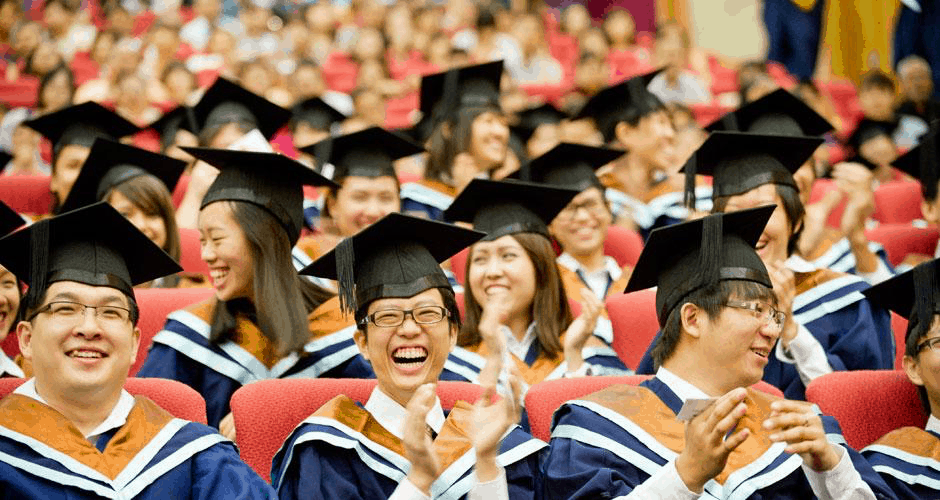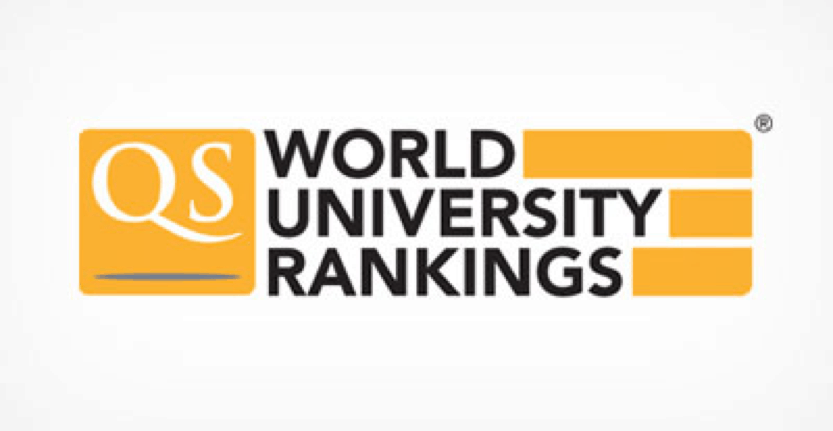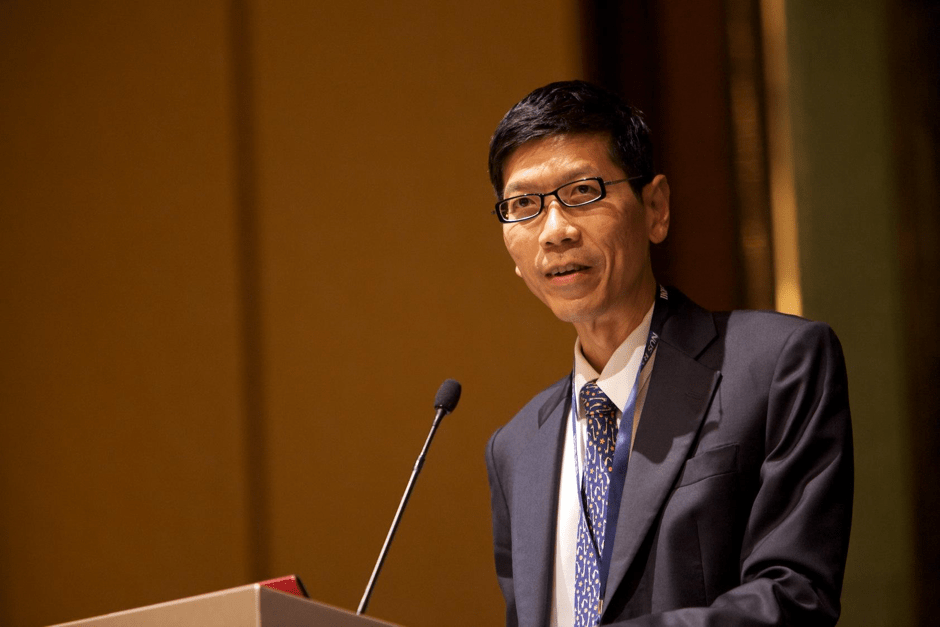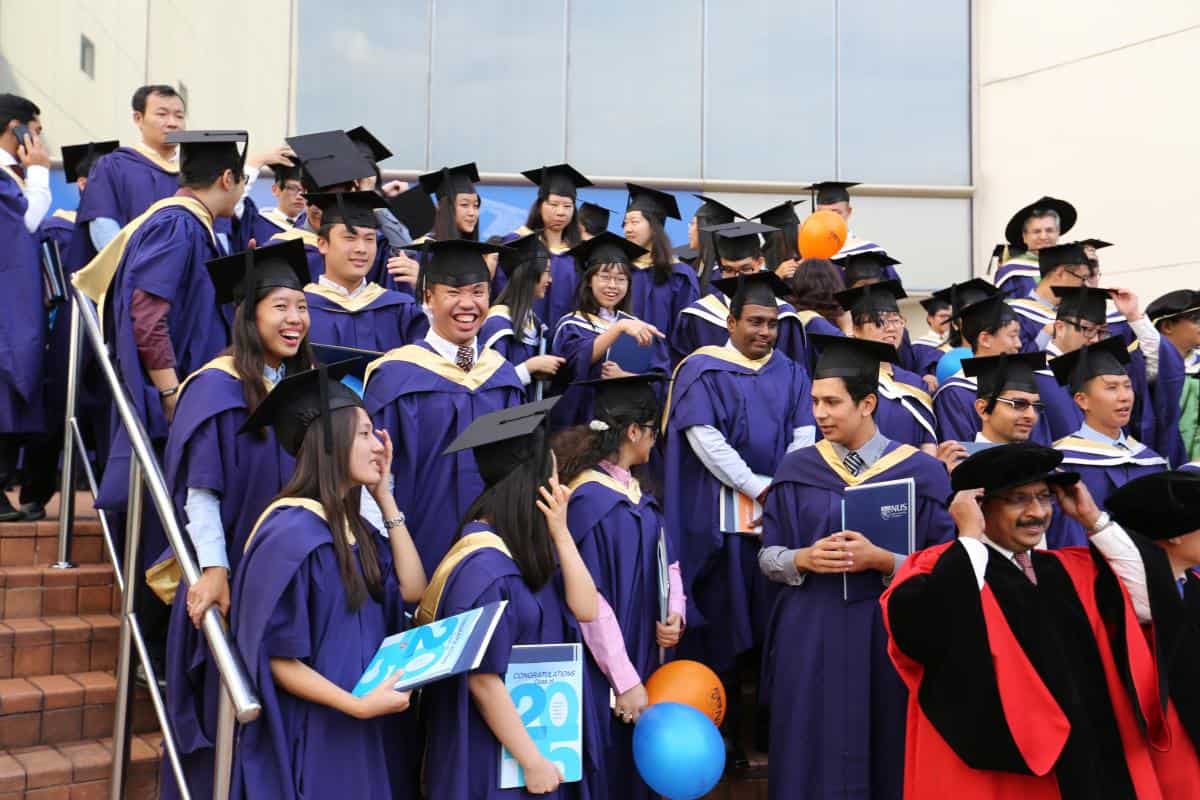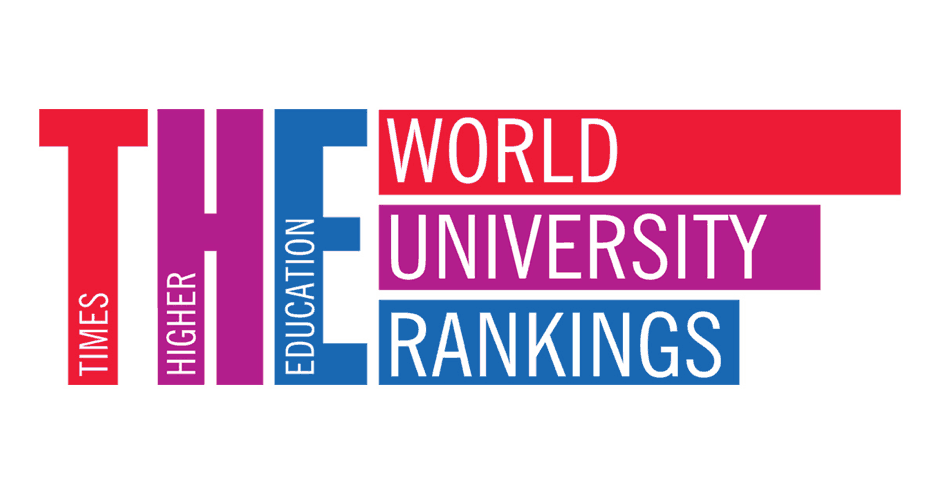Here comes the #ntupride hashtags.
It has been an age-old rivalry, but one university has finally gained the upper hand.
According to the Quacquarelli Symonds (QS) World University Rankings 2018 released today (8 June), the National Technological University (NTU) has finished above the National University of Singapore (NUS) for the first time in its history.
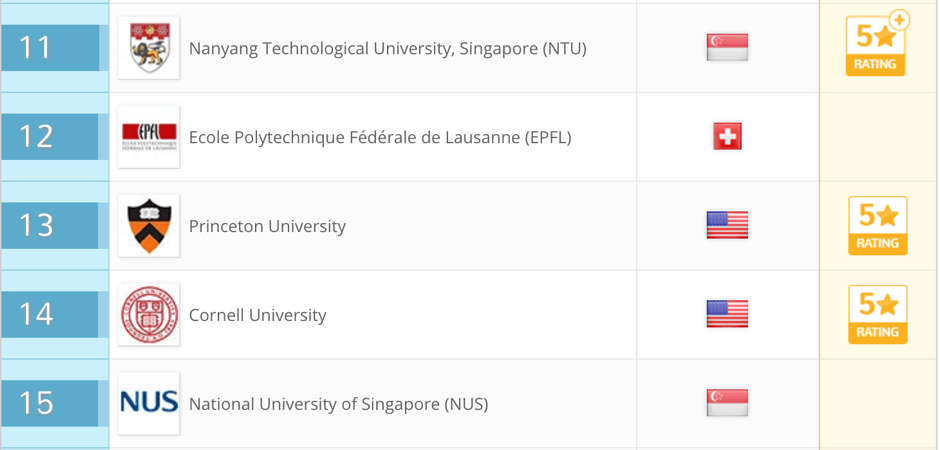
The global rankings – which measures academic reputation and citations per faculty among other factors – revealed that NTU rose 2 places to be ranked 11th, with NUS dropping 3 places to 15th place.
Under the QS rankings, NTU is thus currently the best university in Asia, and according to their press release, the highest position ever held by a Singaporean university.
With this historic achievement, YP Singapore decided to speak to a few students from NTU and NUS to gain a deeper perspective on the news.
NTU Students: It’s About Time!
Naturally, the NTU leadership was elated.
Praising the university’s innovative academic practices and research-oriented focus, NTU President Professor Bertil Andersson said:
“This is fantastic news and a strong recognition of our progress. Having made it into the global Top 15 three years ago, we know competition is extremely stiff in the upper echelon of the world’s best universities and we cannot expect to continue to make big leaps.”
“To climb up to the 11th spot, just one place shy of the Top 10, is remarkable progress.”
Undoubtedly, the rise in rankings was also well received by NTU students and graduates.
For instance, Renaissance Engineering Programme undergraduate Daniel Sebastian Yee hoped that the news will lead to a shift in perceptions among the universities. The year 1 student said:
“Wow… it’s about time!”
“While I can’t speak about NUS, the general mindset is that NUS is definitely still better than NTU. Hopefully, this will shift now that NTU is rising and has overtaken NUS.”
Similarly, sociology major Khoe Wei Jun welcomed the impact of the news on his career prospects. He said:
“Personally, I feel quite assured and happy because this ranking might possibly mean better employment opportunities.”
According to the Joint Graduate Employment Survey 2016, NTU graduates were able to command a median gross monthly salary of $3,300.
This comes as good news to fresh graduates like Felix Sim, who will be graduating this year. As such, the former NBS Accountancy undergraduate hoped for NTU to maintain its current position in the years to come, saying:
“I also like how the article (From the Straits Times) compares NTU to MIT.”
“I think (and hope) that NTU will continue to improve its position, as NTU has gotten first several times as the top rising young university in the world. So, I’m sure NTU can still rise up as it improves itself in terms of innovation and academic developments.”
Controversial Criteria?
That said, the QS World University Rankings has come under scrutiny before for its controversial methodology, where it used a paid survey site to collect data.
According to the QS website, the rankings measure academic reputation (40%), employer reputation (10%), faculty to student ratio (20%), citations per faculty (20%), and the international faculty to student ratio (5%).
This means that a good bulk (40%) of the QS ranking goes into research and teaching quality, which is derived by an academic survey of 70,000 academics.
Interestingly, QS also stated that NUS had a better Scopus/Elsevier score – a citation database metric – in terms of research output and citation impact.
However, NTU ultimately triumphed under the QS method of analyzing research impact and due to its small faculty size of 4,300, which contributed to a better citations-per-faculty score.
While NTU students like Sebastian and Weijun rose to defend the criteria’s scope and standards, not all students agreed.
For example, while undergraduate Zhang Jiaheng was happy with the news, there was some disagreement with the school’s score in regards to employer reputation:
“I don’t agree with the results because I feel that my school does not offer the standard of education held by NUS yet. Many potential employers in my field still think graduates out of NUS are more competent and well-taught.”
“More emphasis should be placed on the education portion and more weight should be placed on the quality of teaching and the starting salaries of graduates…I personally believe that the university is first an education institution, and then a research facility.”
Shanisse Goh, an NUS undergraduate currently working at one of the university’s research institutes, also expressed some skepticism over the criteria, saying:
“In my opinion, the leaderboard looks suspicious.
Over the summer, I’ve become more acquainted with NUS research institutes, and I can say that they are contributing a lot to their respective fields.
I think NUS will bounce back as given our amount of researchers and established support, I think we have the capacity to do better than NTU (next year).”
NUS: We’re Good
Despite the disappointing results, the response from the NUS camp was surprisingly positive.
Up at the top, the NUS leadership put up a strong front. In a press release, NUS President Professor Tan Chorh Chuan said:
“NUS has continued its strategic focus on nurturing future-ready graduates, developing lifelong education, conducting world-class research and contributing to economic and societal advancement through research translation, entrepreneurship and service.
“While NUS is placed 15th this year in the QS World University Rankings 2018, we are pleased to note that the University continues to be very highly rated for Academic as well as Employer Reputation.”
Ernest Puey, a 26 year-old NUS graduate, also called for Singaporeans to take a wider perspective on the rankings. The former political science major said:
“It was a pleasant surprise to see yet another rankings survey with strong performance from 2 of the country’s several universities. It reflects our ability to compete globally, imparting deep skills to our workforce.
“I hope Singapore universities will continue to maintain their positions against other western universities across the numerous international rankings.”
Competition Is Not Everything
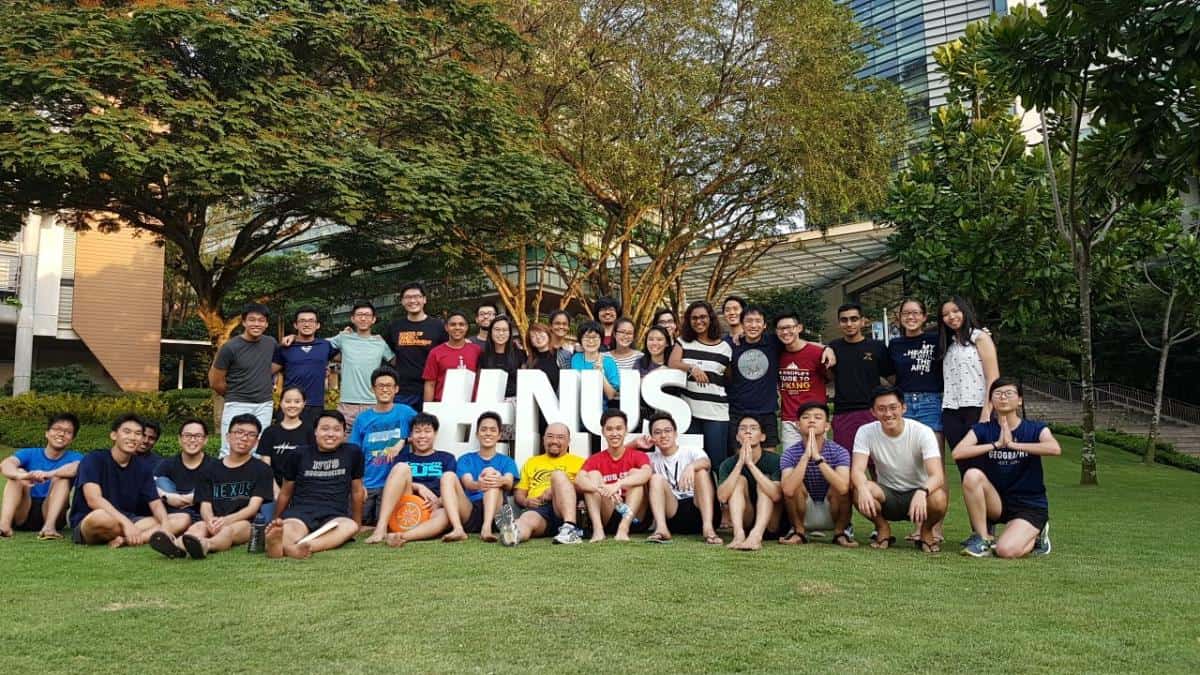
Likewise, while Year 4 Geography Major Winnie Ng admitted her surprise, she praised NTU’s innovative approach and called for greater unity among the local universities, as she said:
“…I guess it’s just unexpected after so many years of having NUS top the rankings in Singapore, but I think it’s a good lesson that institutions need to continually innovate and stay relevant.
Regardless…There’s a lot of potential for both to collaborate rather than to compete!”
Subjectivity In The Air
That said, with the existence of several other university ranking systems, a feeling of subjectivity still remains in the air.
For example, the Times Higher Education Asian University Ranking 2017 (THE) – which uses a different assessment criteria as the QS – was released in April.
Under the THE ranking, NUS was rated the best university in Asia, with NTU coming in fourth.
Likewise, Reuter’s ranking of the Asia Pacific region’s most innovative universities 2017, which was also released yesterday (7 June), paints a very different picture.
Although NTU lists innovation as one of the key factors to its success, the Reuters’ ranking places it at 25th place, which is below 11th placed NUS.
So, while the question over Singapore’s top school is debatable, we can at least take comfort in knowing that our local universities are doing pretty well in the world.










